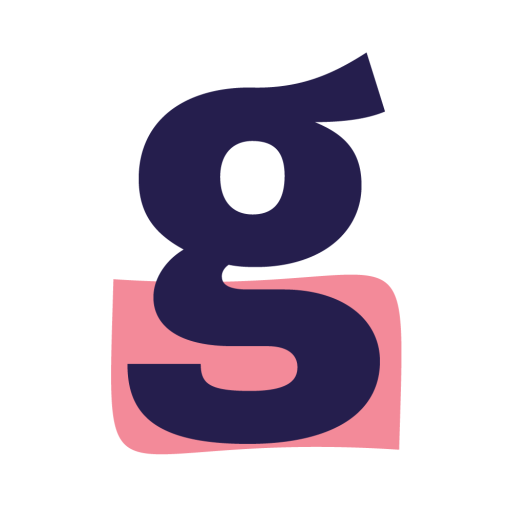Thomas Friedman, Pulitzer prize winner and columnist of The New York Times, published an intriguing article in the beginning of 2013 about a situation he called “The Great Inflection”.
Friedman argues that the world has evolved from connected into “hyperconnected”, largely so after 9/11 and the Great Recession, and that this change is impacting every job, industry and school around the globe. He expands his discussion by stating that when the digital revolution becomes so “cheap, fast, connected and ubiquitous”, it makes it harder for those individuals who do not evolve at the same pace to keep up and succeed.
Friedman suggests, in his final words, that the only way to survive is–surprise!– through adaptation. How? You need to learn new skills that are complementary to technology. “The winners”, he says, “won’t just be those with more I.Q. It will also be those with more P.Q. (passion quotient) and C.Q. (curiosity quotient) to leverage all the new digital tools to not just find a job, but to invent one or reinvent one, and to not just learn but to relearn for a lifetime.” The government, Friedman complements, will not only suggest these changes in the future, but demand them.
That instantly reminded me of The Hour of Code, which is happening right now through the 15th of December. It is a huge initiative embraced by many sponsors, including Mark Zuckerberg, Bill Gates, and…President Barack Obama. The President is confident that we should all learn how to code. If you’re curious, take a look! It’s a very interesting project.
Last, but not least, my final reflection for this course tries to reveal how I use my PQ and CQ to bring these new skills into my classroom. It was created in one of my favorite tools, Powtoon, and it brings back great memories from my most special class thus far. I hope you enjoy it!
[vc_row][vc_column][vc_video link=”https://youtu.be/uCa_DOCwtWM”][/vc_column][/vc_row]

